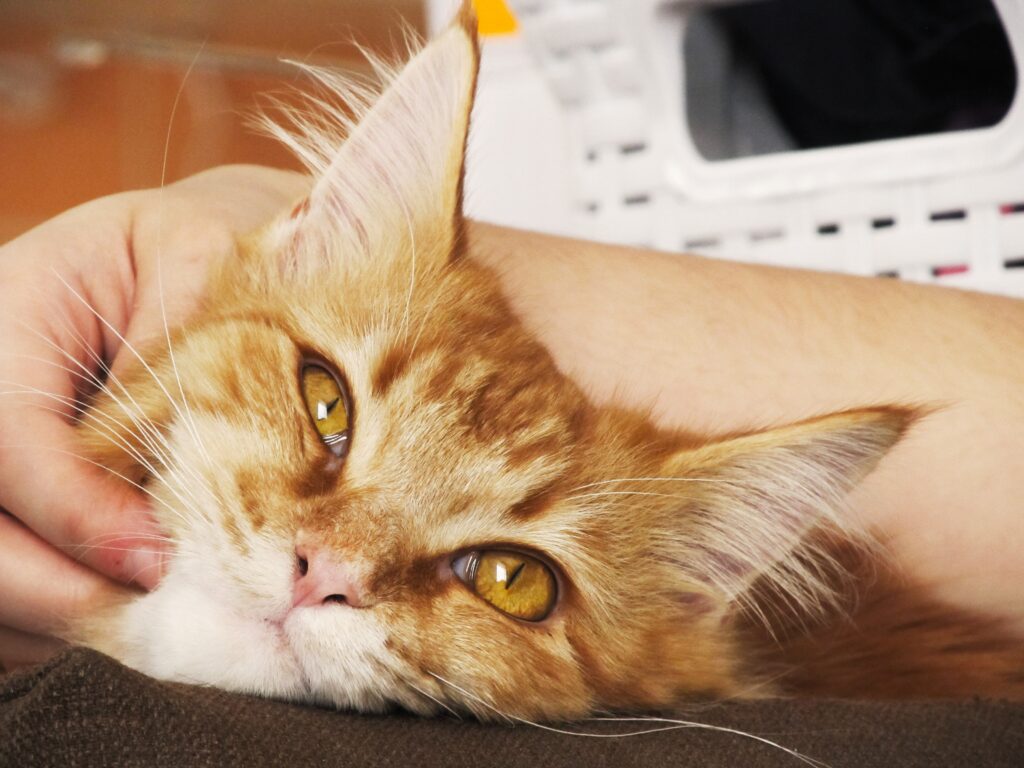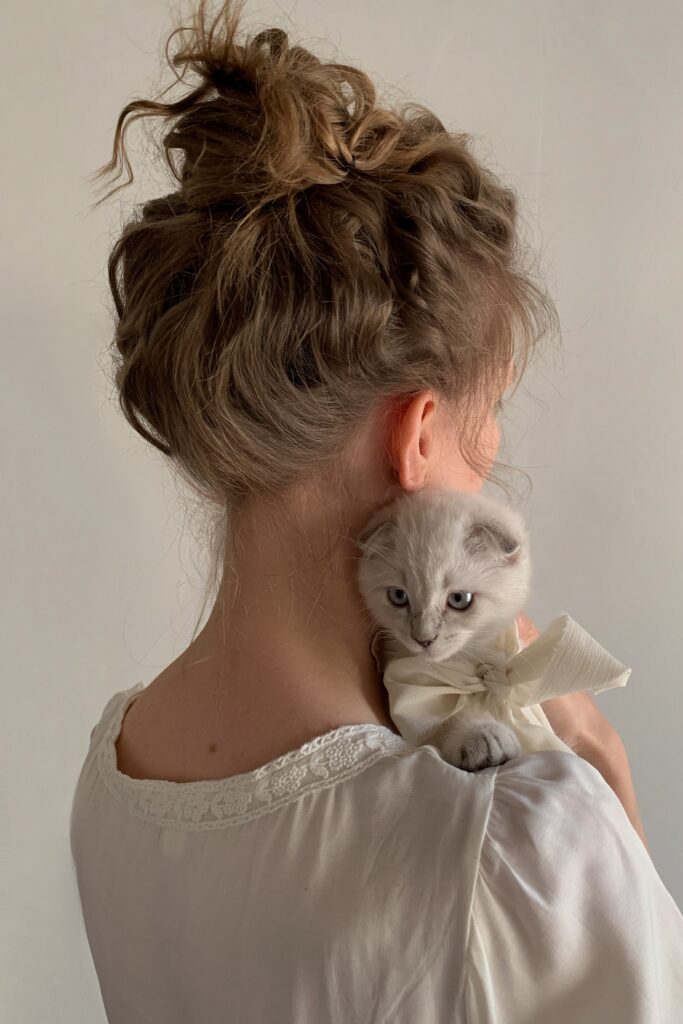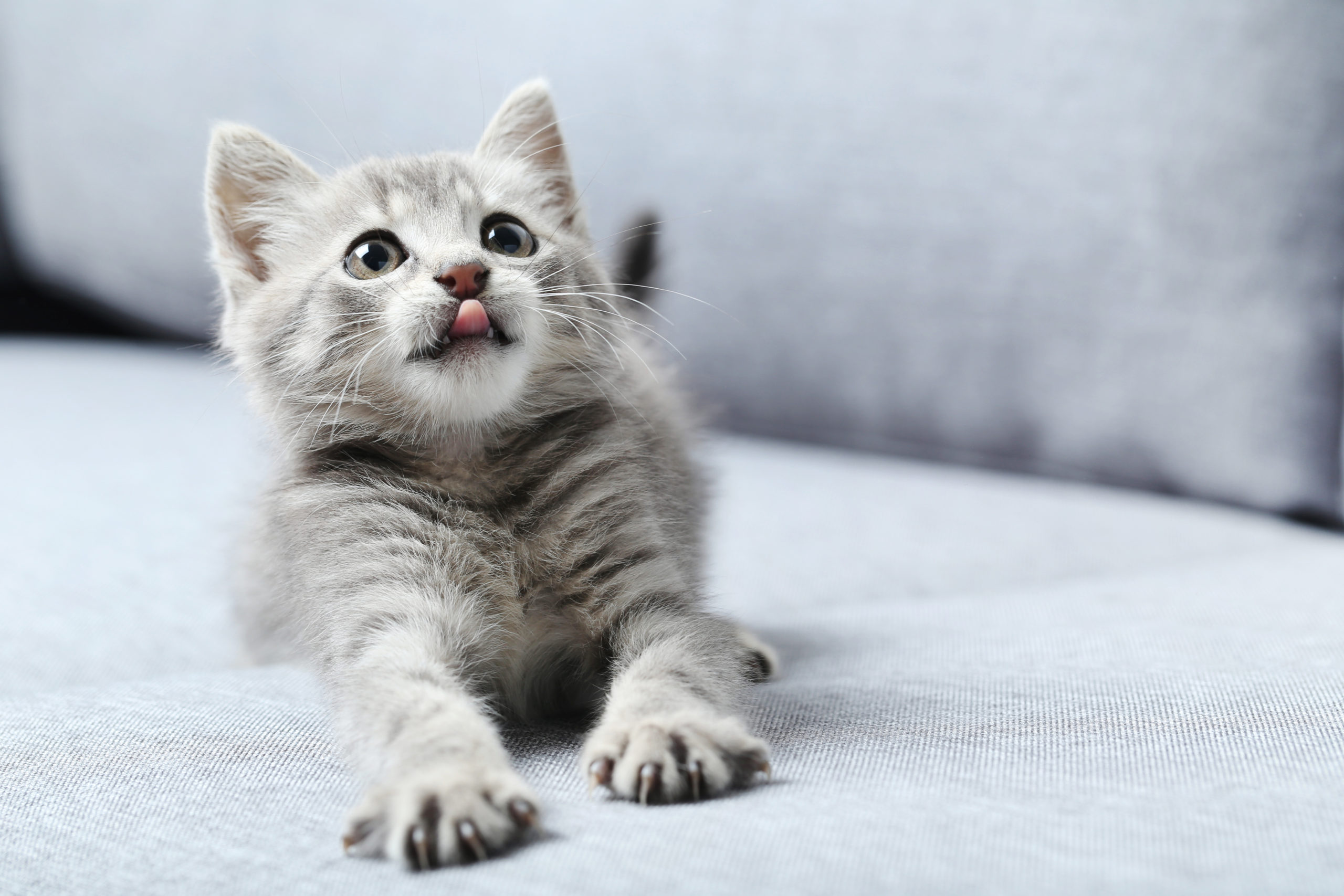Cats are a mystery that has captivated people’s hearts for thousands of years. They are exceptionally well-liked pets because of their mysterious personality and adorable appearances.
Did you know that Blackie, is the richest cat in the world as of the 2018 Guinness World Records? When his millionaire owner passed away, he left Blackie his 7 million pound fortune rather than naming his family in his will.
Your cat meant everything to you. It was a close friend, family member, and companion. Sadly, the time has come, and it’s no longer with you. You still can’t believe it and don’t know where to start to feel better. The pain is understandable. It never gets better to know that you’ll never see your cat again. However, the cat is already gone, and you must pull yourself together for your well-being. If you’ve just lost your cat and don’t know how to deal with the loss, here are some helpful tips:
1. Never Ignore The Pain
Ignoring your pain means making the grief harder. To heal from the loss of your cat, you must face the pain and deal with it. If it means crying out loudly, then go ahead and do so. Sheltering emotions will make things harder for yourself and the people around you. It can lead to physical and mental health issues such as stress, headaches, and depression. Allow yourself to mourn. This way, you can let out all your sorrows.
More so, crying, sleeping a lot, not wanting to do anything, feeling lonely, not wanting to eat, and other symptoms of sadness are very normal for you to exhibit after your cat has passed away. Respect these emotions but remind yourself that they will gradually become easier to control over time and that you won’t always feel this low.
Did you know that in 440 BC, Herodotus wrote that when a beloved cat died in Ancient Egypt, the family members would remove their eyebrows in sorrow, according to Ancient History Encyclopedia?
2. Take Time To Grieve
Cats mean different things to different people. Some treat them as close family members, friends, or companions. That said, it can be challenging to heal from its loss. But when it dies, there’s only a little to do: grieve.
Pet’s death will affect the rhythm of your daily life. Old habits of serving the cat her evening meal can jolt you back to the reality that your pet is no longer with you. It will take time to let go of some of these old, unconscious habits.
It’s essential to understand that once your cat has departed, the grieving might last for weeks or months, depending on how close it was and what it meant to you. During this period, don’t deprive yourself of grieving the cat in any way possible. For instance, you might need some days off work to mourn the loss of the cat. Also, you might need alone time to think about the cat.
In addition, you can also surround yourself with other people who knew and loved your cat. Do not be afraid to say you are sad or angry and acknowledge the hurt you are all feeling together.
All these are valid, so long as they’ll make you feel a bit better. Remember, healing from losing a loved one isn’t a one-day thing. Therefore, allow yourself all the time you require to grieve your cat as you see fit.
3. Hold A Funeral For The Cat
It may take some time, but acceptance is a must for anybody who has lost a loved one. If your cat has died, you will inevitably need to adjust to life without them. How you do this may vary from someone else but you must find a way to accept it. Although you will always miss your cat, it will gradually become easier to live without them once you have accepted their passing.
If budget is not a concern, final ceremonies such as funerals are suitable when dealing with the loss of your cat. For instance, you can have a private funeral ceremony with close loved ones to bid farewell to the cat. If burying your cat’s remains adds to the pain, you can opt to have Cat Cremation and hold a memorial service afterward. Cremating your cat will provide you an opportunity to preserve its ashes and might make you feel as if part of the cat is still with you.
Besides saying goodbye to your cat, you’ll also open up about your feelings for the cat and its death. Your loved ones close to the cat will also have that opportunity. It will help you feel a bit relieved since opening up is among the ways to heal.
4. Write Down Your Feelings
You may find yourself trying to figure out what you could have done differently to save your cat. Some people will express “if only” and “what if” sentiments and others even pray to a higher power to make a deal to bring their cat back.
Writing is perfect for meditating and coping with grief. It’s therefore advisable to write something beautiful about your pet after its death. Whether a poem, journal, or short story, write something. This step can be therapeutic, and sharing the information with anyone isn’t a must.
5. Create A Memorial
Throughout human history, societies and cultures have participated in rituals of grieving to deal with the emotional sorrow caused by a loss. You could find that practicing a ritual will ease your grief after a pet dies.
If possible, create a memorial for your cat. For instance, you can plant a tree in your cat’s honor for generations to know about its existence. Remember to place a marker near the tree mentioning that the tree is dedicated to it.
Besides planting a tree, you can also donate some money to a nearby zoo to remember your cat. This way, you can rest knowing that your cat’s memory still stands while spending quality time with other animals.
In addition, you may also try looking at pictures of your pet or sorting through its favorite things. You can consider making a photo album, scrapbook, or shadow box to remember your cat and remind you of happier times.
6. Consider Getting Another Pet
After the death of your cat, all there’s left is a vast void that might be difficult to fill. You might think replacing your cat is the best idea during this period. While the decision of whether or not to get another cat immediately after the death of the previous one lies with you, it’s advisable to wait until you’ve fully mourned and are feeling a lot better. However, if you think getting a new cat will help you overcome your cat’s death, go ahead and find another one.
Others need that tangible, physical being to hold and pet. You will never truly be able to replace your cat but you may help fill the emptiness in your heart with a new one.
In addition, did you know the oldest cat to have ever lived was 38 years and 3 days old when he passed away? Creme Puff, born on 3rd August 1967 lived until 6th August 2005. His owner, Jake Perry, also had Grandfather Rex Allen, the previous record-holder for the oldest cat, who died at the age of 34.
7. Get Help
As already said, losing a cat is similar to losing a loved one. That said, it’s not uncommon to find pet parents sinking into depression after losing their cats. If you’ve tried getting over the loss with no success, you might need to seek counseling on how to move on. Don’t wait until things get out of hand to seek help. Do it as soon as you think you can’t manage the loss yourself.
Conclusion
After the death of your cat, it’s normal to feel lost and confused. During this period, you might not know what to do to feel better and get over the death of your cat. Fortunately, with the tips above, you might find it easy to mourn your cat and move on, even if your companion is no longer around.




